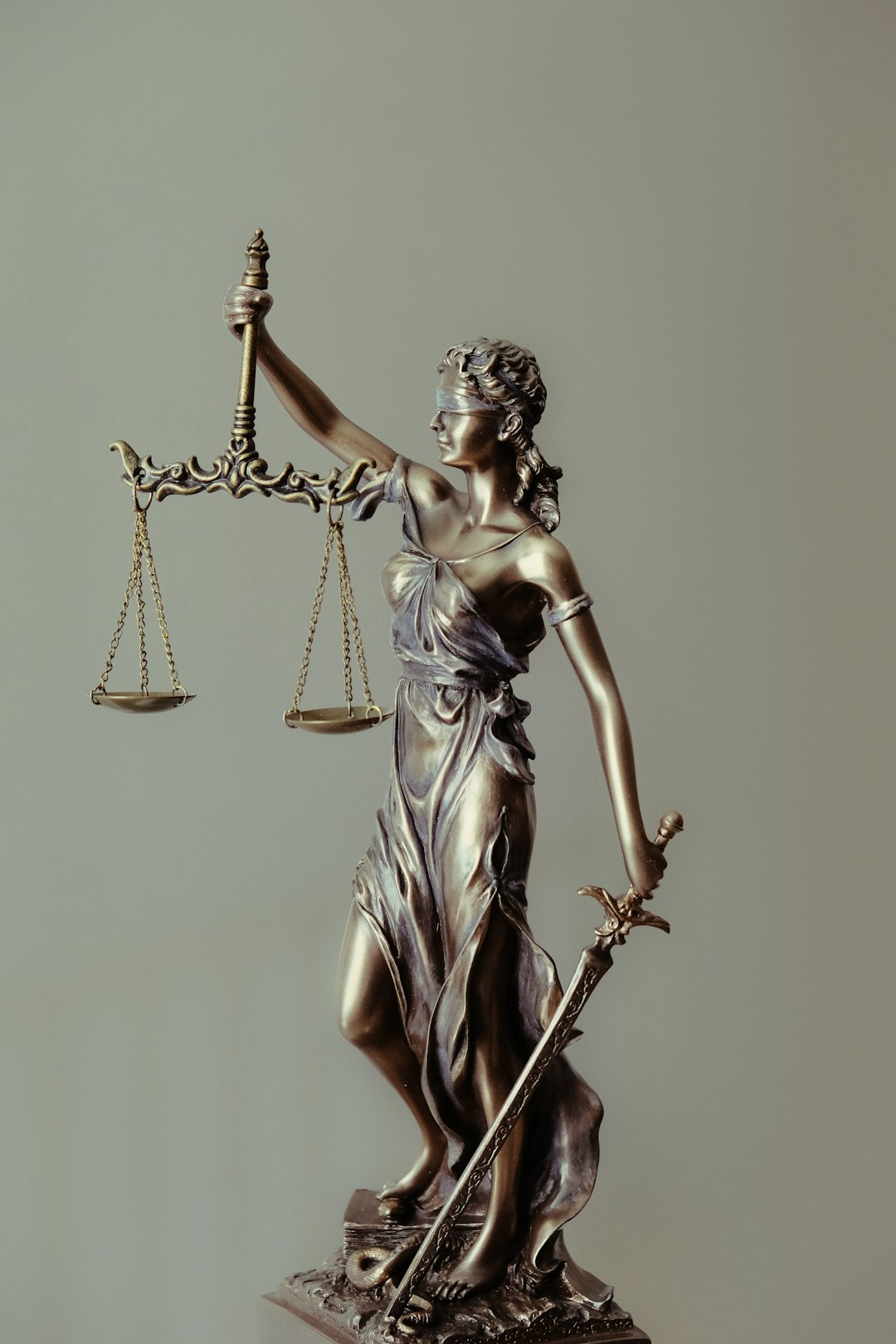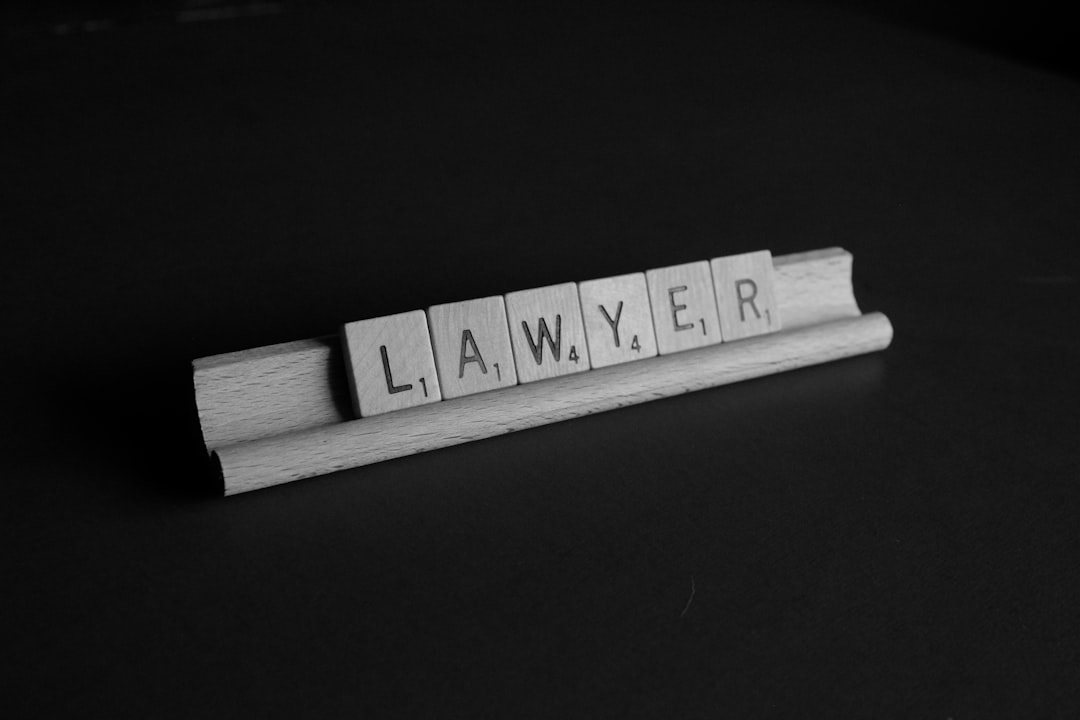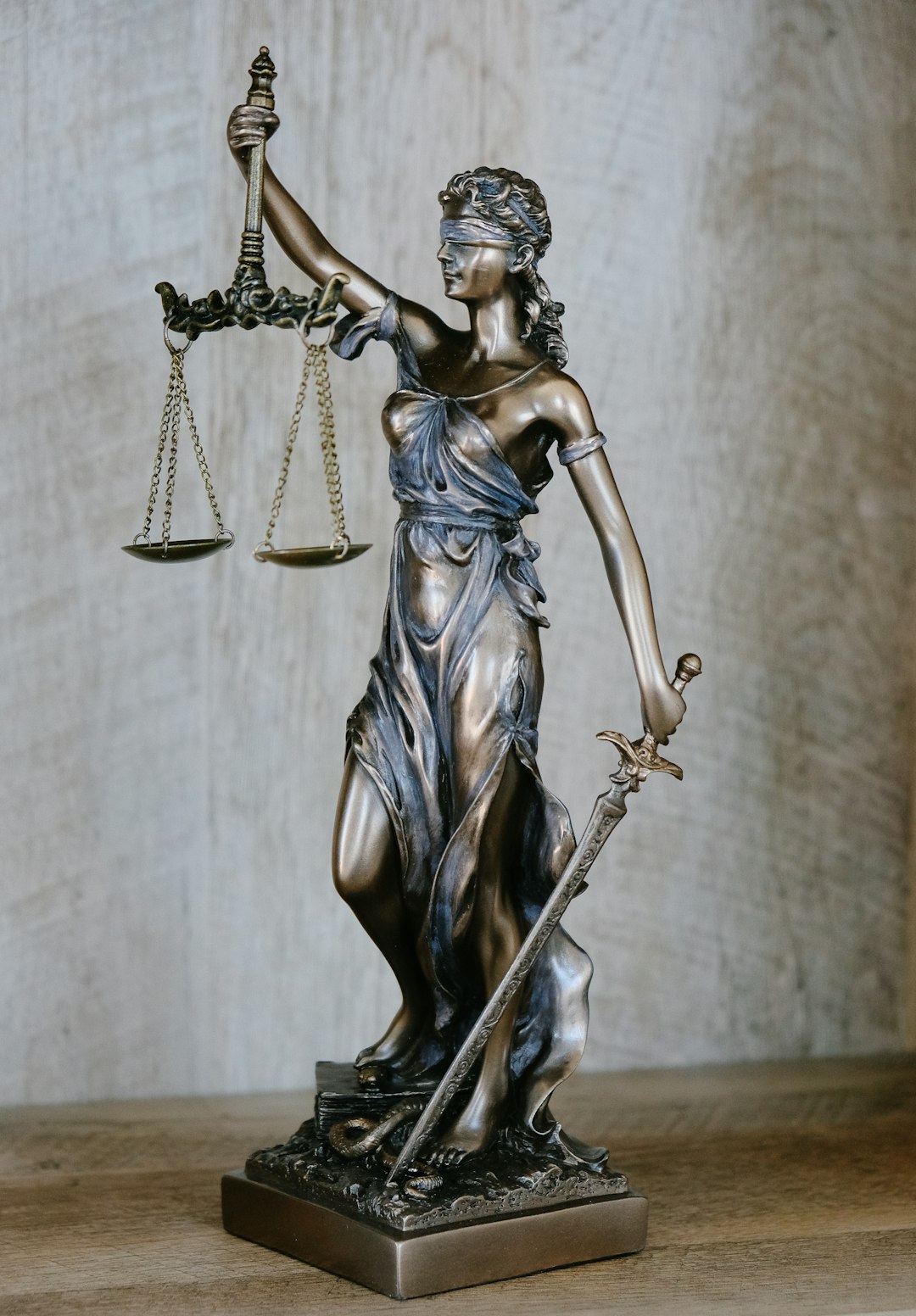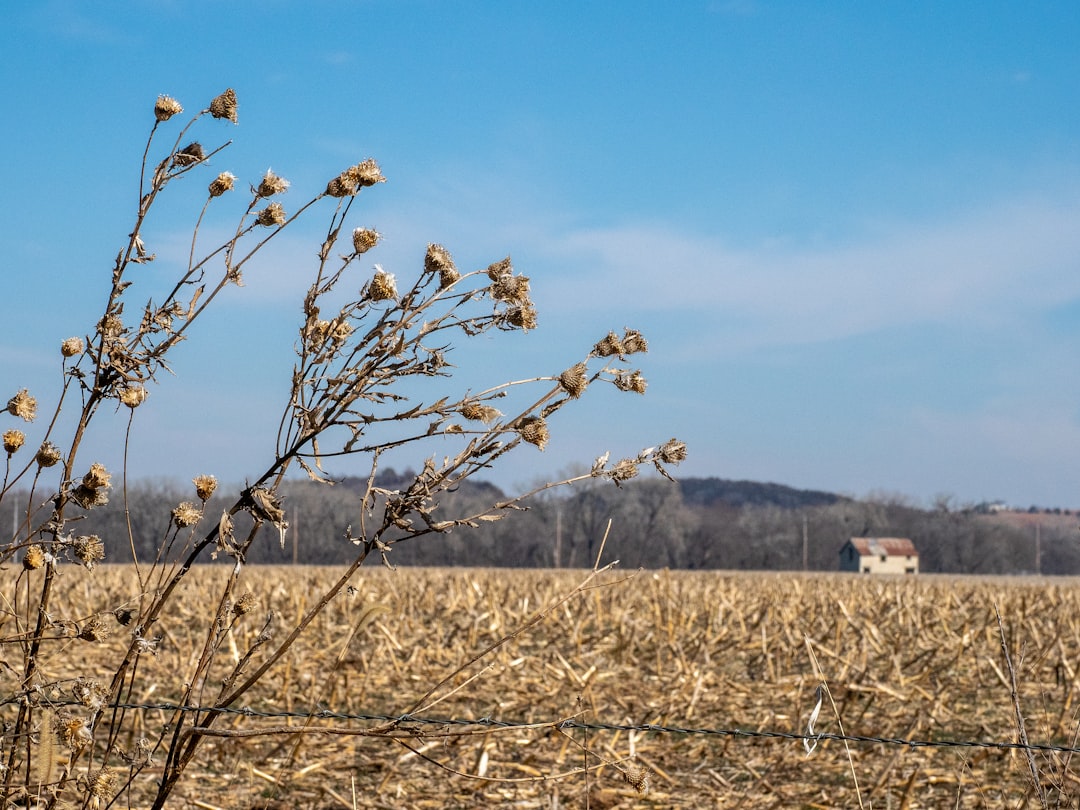Teachers' unions in Kansas are crucial in tackling school sexual abuse by advocating for stricter policies, amplifying victim voices, and protecting educators from retaliation. They collaborate with school abuse attorneys to implement robust measures like increased training, whistle-blower protections, and legislative changes. These efforts ensure justice for survivors and accountability for offenders, creating safer learning environments.
In Kansas, addressing school sexual abuse requires a multifaceted approach. This article explores the crucial role of teachers’ unions in fighting this pervasive issue. We delve into the ways these unions advocate for students’ safety, protect educators, and support survivors. Balancing legal strategies with community engagement, we examine how teachers’ unions, in partnership with school administrators and dedicated Kansas school abuse attorneys, are revolutionizing responses to sexual misconduct within educational institutions.
Understanding School Sexual Abuse in Kansas

School sexual abuse is a critical issue that has gained significant attention in recent years, especially with increased awareness and reporting across the United States. In Kansas, as in many other states, the problem permeates various educational settings, from elementary schools to high schools, affecting students of all backgrounds. This pervasive issue encompasses a range of behaviors, including physical contact, exploitation, and cyber-abuse, often committed by individuals in positions of authority or trust within the school system.
Kansas has witnessed several high-profile cases of school abuse, prompting a closer look at existing policies and procedures to protect students. The role of teachers’ unions becomes pivotal in advocating for stronger measures to prevent and address such incidents. By collaborating with legal experts, like school abuse attorneys in Kansas, these unions can drive systemic changes, ensuring that schools implement robust safety protocols and provide adequate support to survivors.
The Power of Teachers Unions: Advocacy and Protection

Teachers unions play a pivotal role in addressing school sexual abuse in Kansas. These organizations are equipped with the power to advocate for and protect students, serving as a formidable force against such heinous crimes. Through collective action, teachers unions can amplify the voices of victims, ensuring they receive the support and justice they deserve. They lobby for stricter policies and laws, pushing schools and policymakers to implement robust measures that deter and prevent school abuse.
Moreover, teachers unions provide a network of support for educators themselves. With the right resources and legal backing, union members can feel empowered to report incidents of school abuse without fear of retaliation. This protection is crucial, as it encourages teachers to take an active role in creating safer learning environments. By fostering a culture of transparency and accountability, these unions ultimately contribute to a more secure and nurturing educational system for all students across Kansas.
Legal Strategies: Supporting Survivors & Holding Offenders Accountable

In addressing school sexual abuse, teachers’ unions play a crucial role by employing legal strategies that support survivors and hold offenders accountable. Unions often collaborate with experienced school abuse attorneys in Kansas to ensure that victims receive justice and appropriate support services. This includes advocating for stringent policies and procedures that prevent future incidents, as well as providing resources to help both survivors and accused individuals navigate the legal process fairly and transparently.
Through collective bargaining agreements and advocacy efforts, teachers’ unions push for increased training and education on recognizing and reporting abuse, along with stronger protections for whistle-blowers. They also lobby for legislative changes that enhance oversight and accountability, making it easier for school abuse attorneys in Kansas to pursue legal action against perpetrators and institutions that fail in their duties of care.






